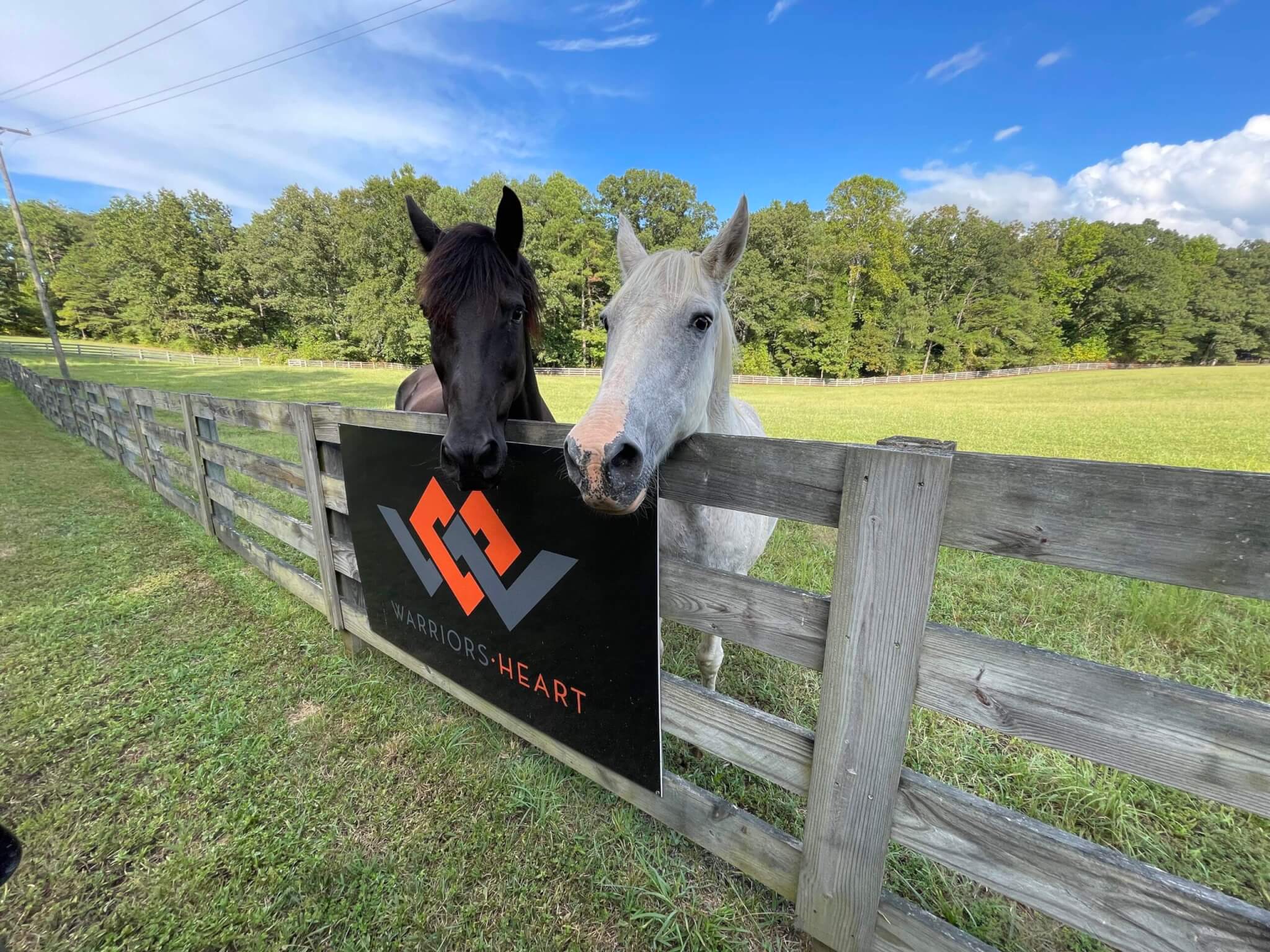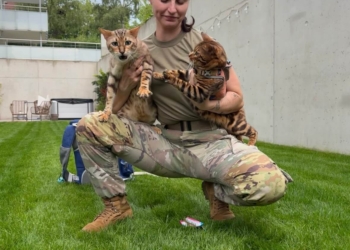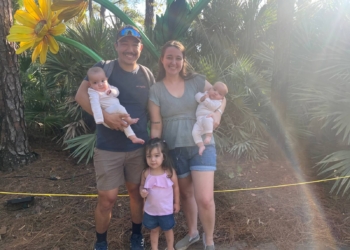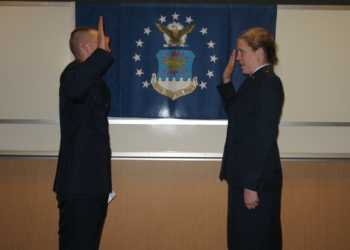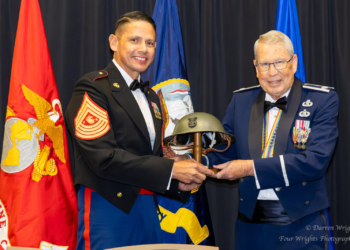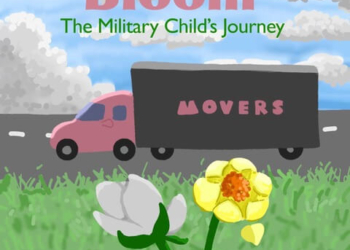Former Army Sgt. 1st Class Shane St. John said he wanted to die. He had tried conventional therapy and even psychedelic treatments, but nothing seemed to help the Green Beret get past the loss of both his soldier brothers downrange and his former military identity. And despite thinking of alcohol as his best friend, St. John only got worse.
He tried — and failed — to kill himself on Oct. 28, 2022. Just a few days later, he was on a Texas-bound plane, to the first and only private and accredited treatment program in the nation exclusively treating military, veterans and first responders struggling with addiction, PTSD, anxiety, trauma, suicide ideation and co-occurring issues.
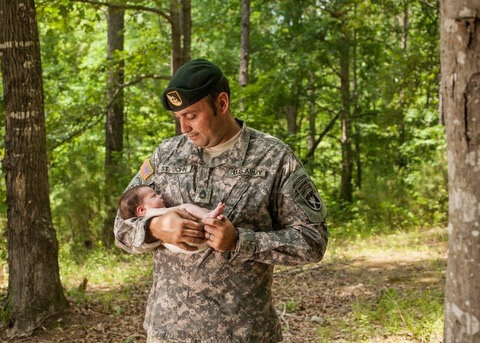
That place was Warriors Heart, which has treated more than 3,000 military-connected men and women in the last eight years through its 42-day programs on two 500-acre ranches in Bandera, Texas and Milford, Virginia. Surrounded by other veterans, St. John immediately felt like he belonged.
“Just that realization I wasn’t alone, like maybe there’s some hope,” said St. John, now employed in Special Operations at Warriors Heart. “A little bit of hope is so powerful. You can climb mountains with it.”
With PTSD- and addiction-specific treatment options like EMDR, brain treatment and electives like wood and metal shop, time with service dogs, jiu jitsu, art and yoga, Warriors Heart is uniquely equipped to serve the exceptional stressors of the military community. Warriors Heart Clinical Compliance Manager Stacia Hood Lankford found the treatment center while looking for help for a veteran in law enforcement.
“After I’d only been at Warriors Heart a little while, I said, ‘My passion has finally found its home,’” Lankford recalled. “I want to work at Warriors Heart until I die.”
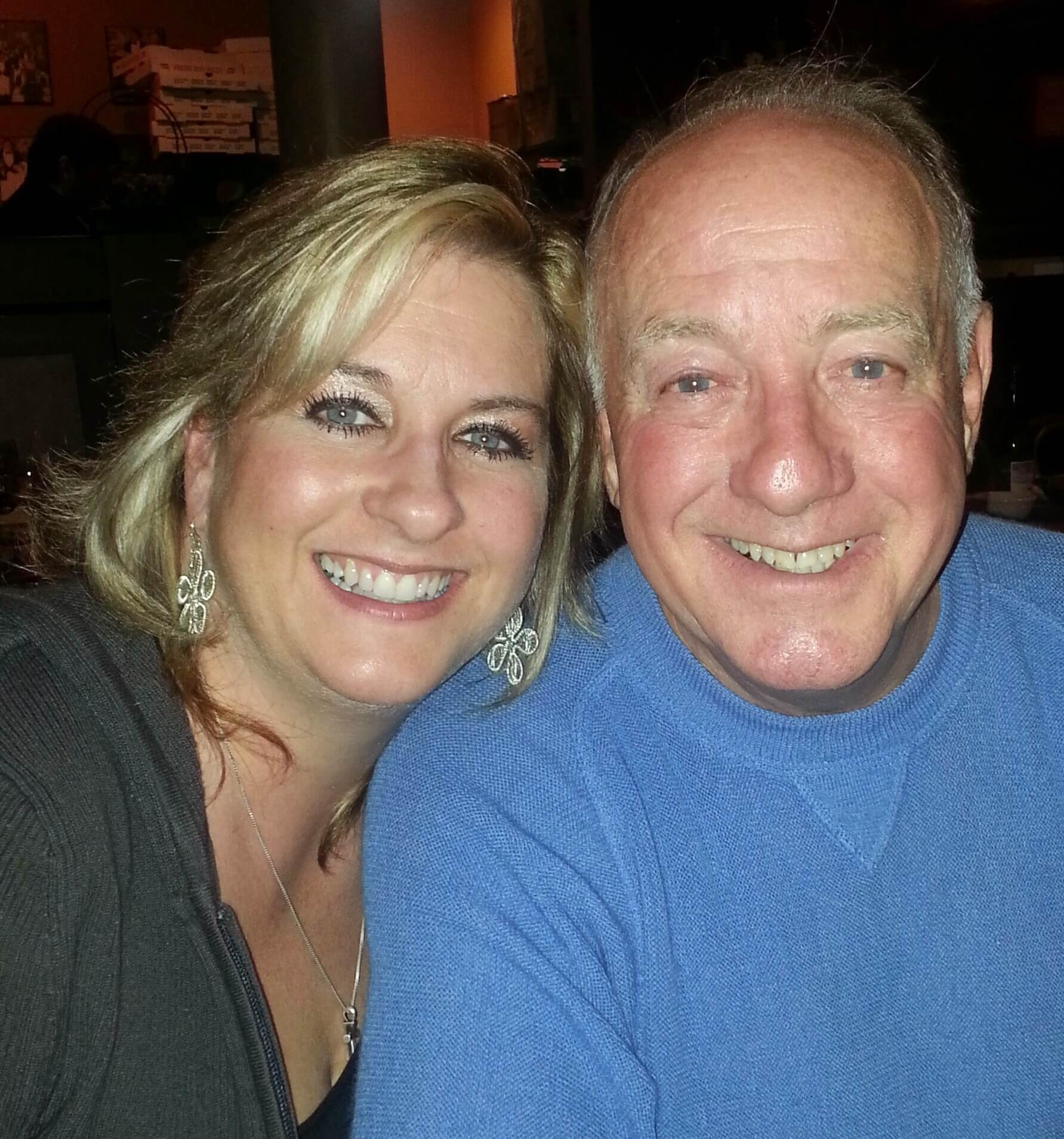
Part of that is because of special military-connected moments like “coin outs,” where warriors, as Warriors Heart calls patients, gather around a firepit when one of them graduates, sharing special words of encouragement.
“Warriors Heart gives you that safe space to be vulnerable, to release that stuff you’re holding onto and to learn how to live a healthy, great life,” said St. John. “As you go into war, you’re fighting for your county, and by the end you’re fighting for each other. That’s what Warriors Heart does — we’re fighting for each other.”
That includes the holidays, which can be shockingly stressful for service members, veterans and military families, said Lankford, a licensed professional counselor. If a warrior has depression, for example, faking happiness in December can be exhausting. And even if someone realizes they need inpatient treatment, she said, they may want to put it off until January — but that’s not the right tactic to take.
“It’s really interesting when I have clients in here over Christmas and they feel so guilty, especially if they have children, but they don’t realize how happy the kids are that they’re getting help,” she said. “You’d rather have your loved one on the path to healing in treatment than drunk at home, right?”
Instead of a picture-perfect December, Lankford suggested, the military community should aim for being with one’s family, sober and clean, and able to engage with loved ones in a genuine way.
“I sometimes tell my warriors that the best present you could give your children is being in treatment on Christmas day,” she said. “I think the benchmark is being able to authentically feel the joy of the holiday in your family.”
For more information on Warriors Heart, which accepts TRICARE, visit the organization’s website. If you or a loved one needs help, call the 24-hour hotline (866-955-4035) answered by warriors.
3 signs a warrior in your life is struggling with mental health issues
- Change in sleeping patterns and eating habits: maybe it’s too much or too little, but any significant deviation in someone’s sleep schedule or diet can be a tip-off of deeper issues.
- Disinterest in once-loved hobbies and/or people: did woodworking or wrestling with the kids before bedtime used to bring great joy — but now it no longer seems important?
- Distractedness and isolation: can the person stay focused on simple tasks like normal? Are they turning down invitations from friends and family? Has their world grown noticeably smaller? It may be time for assistance.


